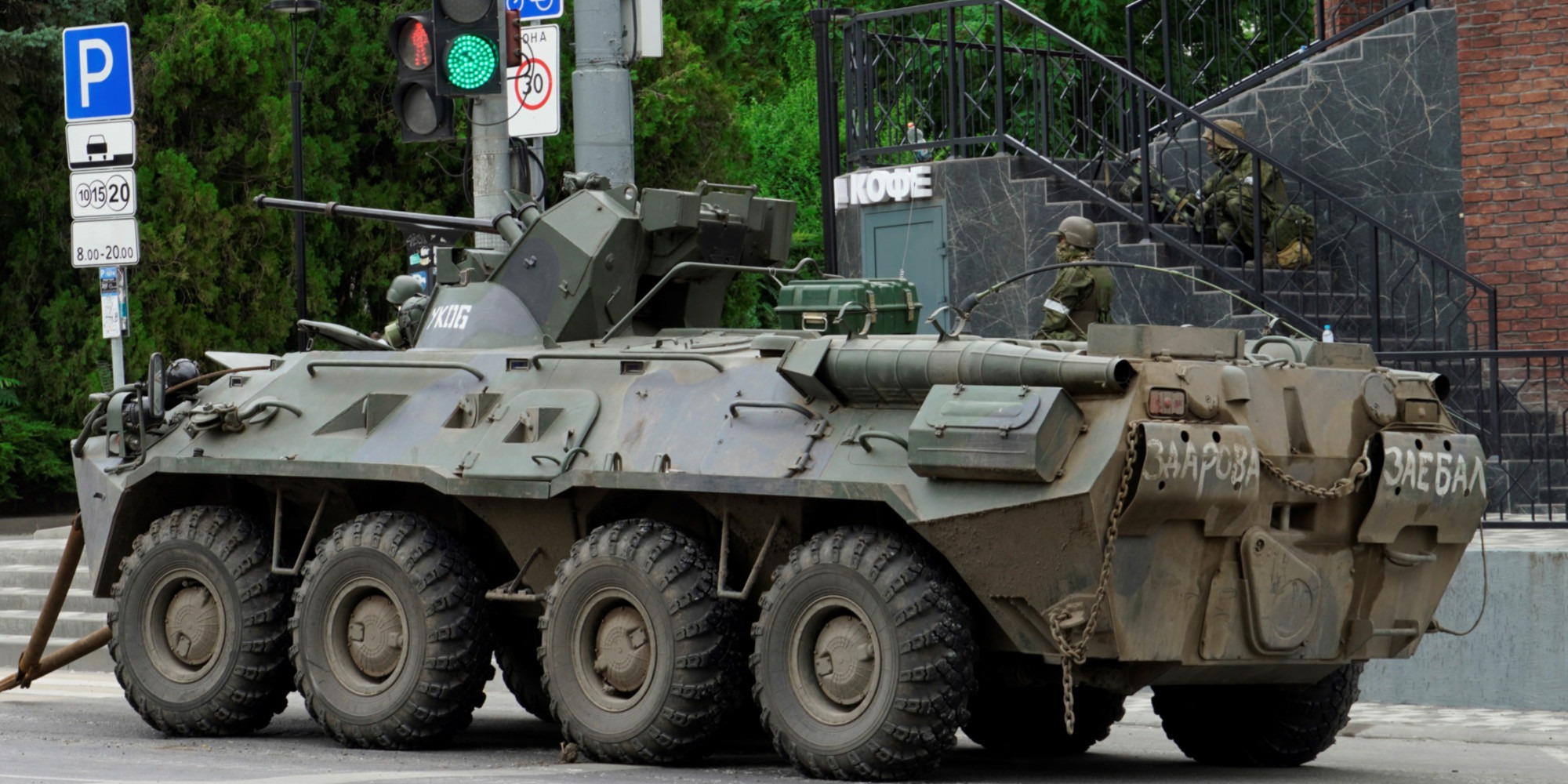The failed rebellion of the paramilitary group Wagner in Russia has caused the worst crisis President Vladimir Putin has faced since taking office. Several questions remain unanswered.
Where is Prigojine?
The last appearance of Wagner’s boss, Yevgeny Prigojine, dates back to Saturday evening, when he left the Russian city of Rostov (southwest) to the applause of some residents, where he had taken control of a military headquarters. The Kremlin has sworn that the head of Wagner had “the word” of Vladimir Putin to be able to leave Russian territory freely to Belarus, an ally of Moscow, and that he would not be prosecuted criminally.
However, a source in the Russian General Prosecutor’s Office, quoted by the three main Russian agencies, said on Monday that “the case has not been closed, the investigation is continuing”. Russian military blogger Michael Nacke believes Yevgeny Prigozhin will set up his base for Wagner in Belarus and continue to lead his group’s operations in Africa.
But “Prigojine has become an extremely vulnerable target: he can be imprisoned, he can be killed,” he told AFP.
What future for Wagner?
Yevgeny Prigozhin launched his armed insurgency days after Mr Putin announced that Wagner fighters would now have to sign contracts with the army. “They wanted to dismantle the group,” Prigojine denounced on Saturday.
The Kremlin has sworn that the men who followed their leader in his revolt would not be prosecuted, in gratitude for their services in Ukraine, and that some, “if they wish”, could sign contracts with the army.
“Wagner could be dismantled entirely, or be absorbed” by the army, believes Michael Kofman, an American military expert. According to independent Russian analyst Tatyana Stanovaya, “Putin doesn’t need Wagner or Prigozhin. He can manage on his own. He is now certainly convinced of that.”
What consequences for the generals?
The stated objective of the Prigojine rebellion was to obtain the replacement of Defense Minister Sergueï Choïgou and Chief of Staff Valéri Guérassimov. At this stage, Vladimir Putin has not announced any change in the military hierarchy.
Proof in any case that Mr. Choigou, the pet peeve of Wagner’s leader, intends to keep his post, Russian public television showed him Monday morning, for his first public appearance after the aborted rebellion, inspecting the forces Russians in Ukraine.
Mr. Gerasimov has not appeared publicly since the coup so far. “Under pressure (from Prigozhin), Putin will do nothing,” pro-Kremlin political scientist Sergei Markov said on Telegram.
For Rob Lee, of the American think-tank Foreign Policy Research Institute, the latest events, however, “gave the impression that Shoigu and Gerasimov were weak, but also showed how important it is for Putin to have loyal figures in charge. of its military and security services”.
Did Prigozhin act alone?
The facts are dizzying: Wagner’s fighters managed in 24 hours to take control of part of Rostov (south-west), a city of more than one million inhabitants, and to approach 400 km from Moscow, or even 200 km according to Mr. Prigojine.
Mr. Prigozhin, who claims to have taken the army headquarters in Rostov “without a shot”, was he helped from the inside, as some people think? Or did he act in desperation, seeing the noose closing around his group and believing that reaching an agreement with the Kremlin was the only way to obtain security guarantees?
The words of the first deputy head of the military intelligence services (GRU) have caused trouble: in a video published on Saturday, Vladimir Alekseïev urges Wagner’s fighters to stop their rebellion, while seeming to make fun of MM. Shoigu and Gerasimov, whom Mr. Prigojine wanted to overthrow. “Take them away,” he says, accompanying his words with a wave of his hand.
What impact on the offensive in Ukraine?
The mutiny led by Wagner will “in no way” affect the Russian military intervention in Ukraine, Moscow has sworn. But the unrest in the rear could at least have an effect on the morale of Russian soldiers as they face waves of Ukrainian assaults for weeks, analysts say.
The Wagner militia was also one of the most seasoned forces in the Russian ranks, having notably been on the front line of the now famous Battle of Bakhmout (eastern Ukraine). But on the ground, “since (the capture of) Bakhmout (in May), the army was much less dependent on Wagner,” puts military analyst Michael Kofman into perspective.
“Wagner was not used for defense in the south,” one of the main areas where Kiev troops are currently trying to break through Russian defences, he points out.
